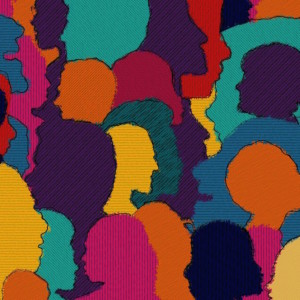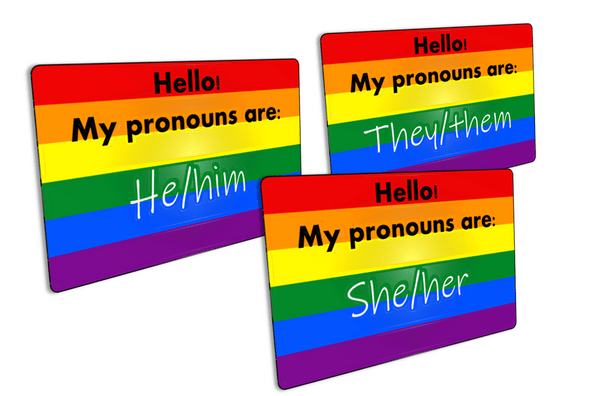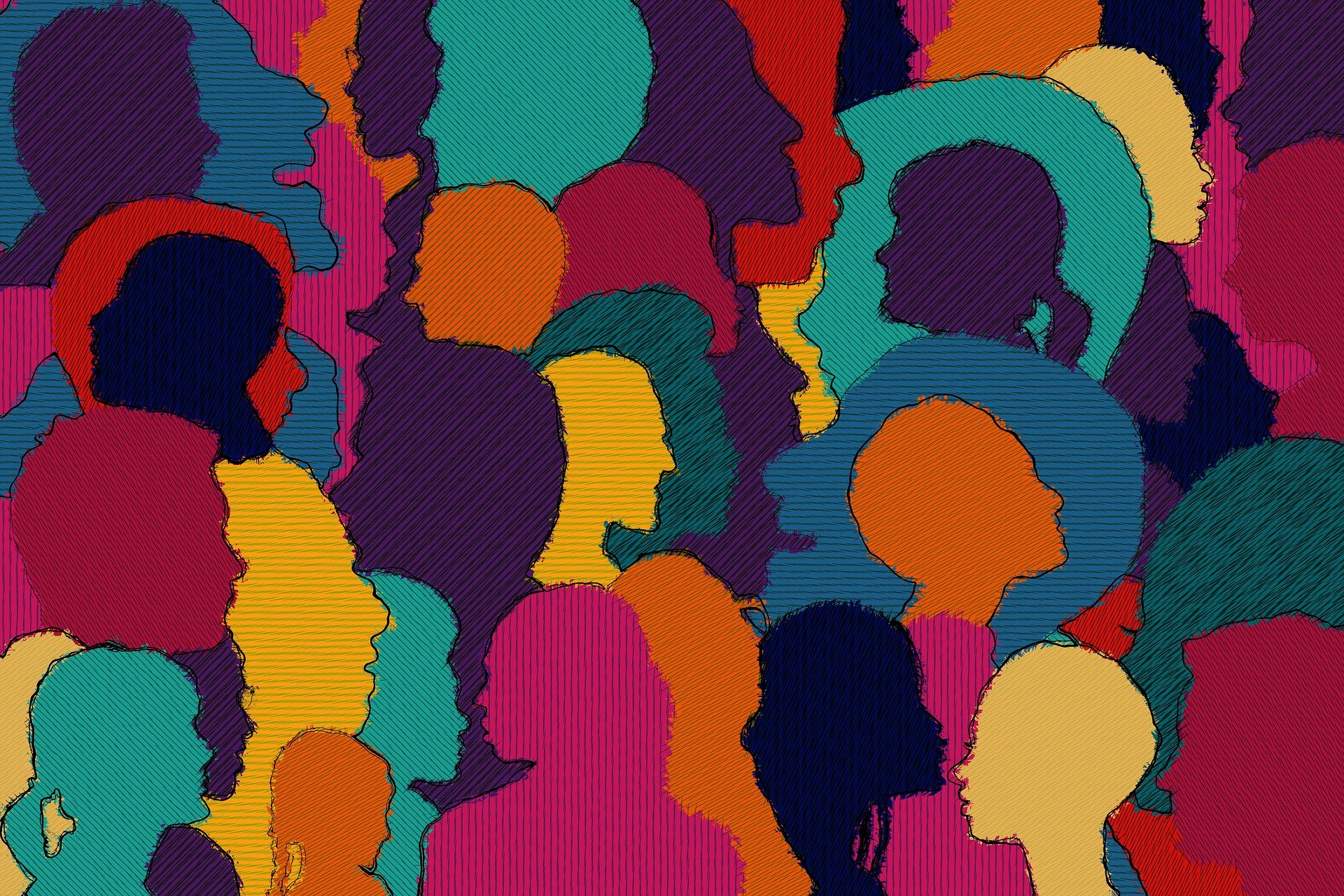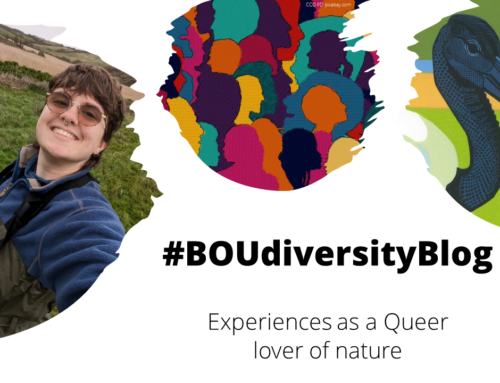
Gender vs. sex
Although often used interchangeably (including by ornithologists!), gender and sex have different definitions. Whilst sex is generally assigned at birth, and refers to anatomical and chromosomal differences, gender identity is a “personal, internal perception of oneself”. Some people’s gender identity does not match the sex to which they were assigned at birth (i.e., trans, from the Latin “on the other side of”; cis (“on this side of”) refers to people whose gender identity is the same as their birth sex).
Importantly, gender identity can fall along a spectrum from masculine to feminine. Even biology does not conform to the male-female binary: some people are born with biological characteristics that are neither exclusively male nor female.
What are gender pronouns?
Gender pronouns are identifiers for the third-person singular. In English, gender pronouns include the masculine (he/him/his), feminine (she/her/hers) and gender-neutral (they/them/theirs) forms, as well as neopronouns (e.g., ze/zir, which are generally used by non-binary people).
A person’s name or physical appearance is not necessarily a good indicator of their gender and making assumptions based on these can lead to mistakes being made. Furthermore, because not all individuals identify with a binary gender, using only masculine or feminine pronouns can be exclusionary. This is why it’s important to use gender neutral pronouns such as they/them when you don’t know someone’s pronouns.

Why pronoun visibility matters
It is important that everyone within our community is referred to by the pronouns they identify with. Being misgendered can make a person feel uncomfortable and disrespected, and repeatedly having to correct misgendering can be exhausting, frustrating, and ultimately harmful. The more widely pronouns are adopted in our community, the fewer instances of misgendering there will be.
By promoting pronoun visibility, the BOU aims to help foster a supportive, respectful and inclusive environment for everyone. If you’re cis-gender, you can be a better ally by being more open about your pronouns, even if you think they’re obvious, to help normalise discussions about gender.
Adopting pronouns can also help avoid the subconscious misgendering of female scientists (e.g., when their first name is either not given, or is not obviously gender-specific), thus avoiding frustration and embarrassment (men rarely seem to be the victims of such mistakes!).
For more information on pronouns, including how to ask someone their pronouns, and what to do if you accidentally get someone’s pronouns wrong, see https://www.mypronouns.org/.
Next steps
BOU Council are supportive of efforts to promote pronoun visibility across BOU activities, including the following specific actions:
- Invite BOU staff, council and committee members to include pronouns in their email signatures, online profiles, and alongside their name during virtual meetings.
- Include pronouns on the ‘BOU People’ section of the website, as well as on Staff, Council and Committee pages.
- Invite conference speakers and poster presenters to provide their pronouns upon acceptance to the conference programme, for inclusion in conference materials.
- Invite blog authors to provide their pronouns, for inclusions in author biographies.
- Invite conference attendees to provide their pronouns, for inclusion on name badges.
- Encourage the use of inclusive language across BOU activities.
Importantly, we recognise and respect the fact that some people may prefer not to specify their pronouns. No one should ever feel pressured to share their pronouns, and we support these individuals’ right not to do so.
In the words of our president, Juliet Vickery, “We are keen to ensure that we identify and overcome all barriers, to enable ornithology to be welcoming and inclusive to anyone and everyone” [https://bou.org.uk/blog-vickery-inclusive-community/]. Promoting pronoun visibility is just one step we’re taking towards this end. For more information, see our Equality and Diversity page.
If you are interested in contributing to the #BOUdiversityBlog, please get in touch with us via this form which ensures anonymity for those who seek it.
Image credit: CCO GDJ pixabay.com




